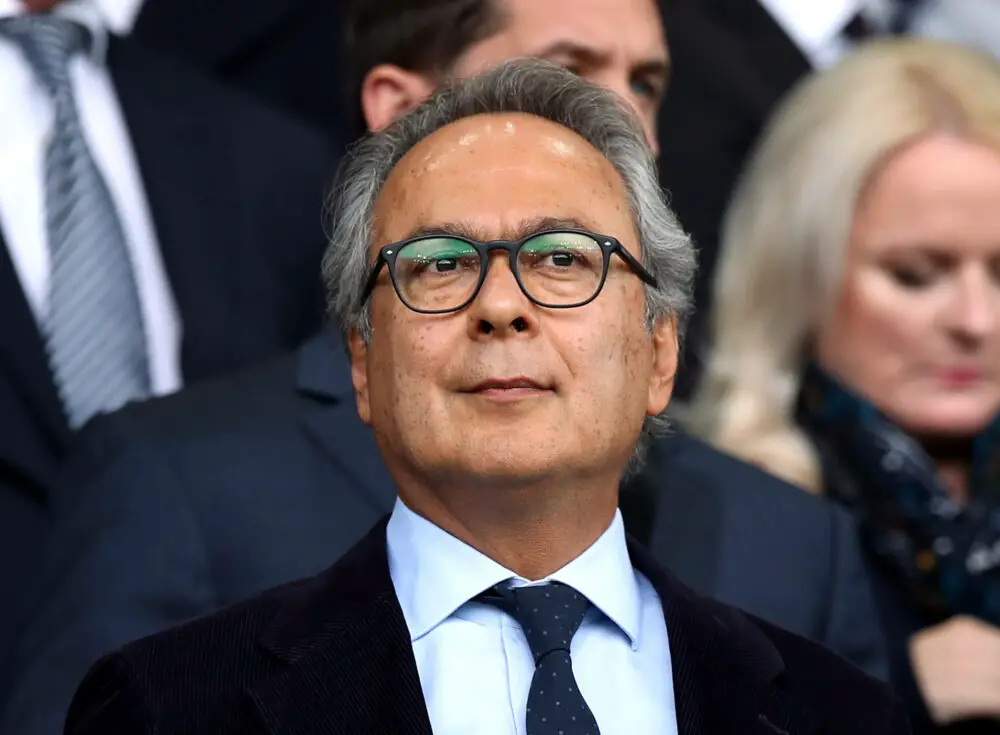Everton’s Takeover Drama: A New Chapter in the Club’s History
Unexpected Turn in Everton’s Ownership Saga
Everton Football Club’s future ownership has taken another turn with the appearance of Advantage Capital Holdings LLC (A-Cap) as a potential investor. According to Bloomberg, A-Cap and a partner firm have suggested a financial rescue plan for the club. This strategy includes refinancing Everton’s current debt and purchasing a non-controlling ownership share. This development comes after 777 Partners’ previous acquisition attempt, which failed to close despite earlier agreements.
A-Cap’s Strategic Play
A-Cap is not new to the game; it is a key lender to 777 Partners, which recently failed in its effort to buy Everton. The proposal made by A-Cap appears to be a lifeline for Everton, guaranteeing financial stability without a full takeover. A spokeswoman for the club’s current owner, Farhad Moshiri, as well as A-Cap representatives, have remained silent, adding to the tension surrounding the continuing negotiations.

What is evident, however, is the strategic significance of A-Cap’s decision. By stepping in to refinance debt while remaining out of club management, A-Cap frames itself as a stabilising factor rather than a dominant authority. Moshiri may find this intriguing, as the revised rules would allow him to retain majority control while reducing his ownership investment.
Financial Challenges and Broader Implications
Everton’s financial difficulties, underlined by a $200 million loan from 777 Partners, serve as the backdrop to this story, as does the club’s ambitious proposal to build a new stadium at Bramley-Moore Dock. The financial restructuring recommended by A-Cap may give the necessary funds to pursue this initiative, which is critical not only for the club’s future but also for the rehabilitation of the surrounding neighbourhood.
Everton’s perilous financial status is not exceptional in football, but it highlights the issues that traditional teams face in preserving competitiveness and financial health. The study of 777 Partners’ previous management challenges, including problems at their owned Australian airline, heightens Everton’s stakeholders’ scepticism about any potential deal.
Market Movements and Other Potential Suitors
Interestingly, the unfolding events at Everton have not happened in isolation. John Textor, chairman of Eagle Football, which owns Crystal Palace, is another prospective Everton suitor. His decision to potentially sell his investment in Crystal Palace and speak with Moshiri demonstrates that the market for Premier League clubs is still vibrant, with investors seeing long-term value in these historic franchises.
This fluid position exemplifies the intricate relationship between finance, sports, and regional development in football club ownership. The conclusion of these negotiations may establish standards for how clubs handle financial crises, ownership arrangements, and stakeholder engagement.
Conclusion: A Balancing Act of Interests
The Everton community and stakeholders will keep a close eye on the negotiations as they go. The outcome of this takeover story will decide not only the club’s financial health, but also its capacity to compete at the highest level of English football. Moshiri and Everton will need to find the proper partner in A-Cap—or another suitor like Textor—to shepherd the club towards a long-term and profitable future.
In conclusion, Everton’s protracted ownership problem, as reported by Bloomberg, mirrors broader developments in football finance, where strategic partnerships and financial savvy are becoming just as important as athletic success.
Read more at: https://sportupdates.co.uk

Leave a Reply